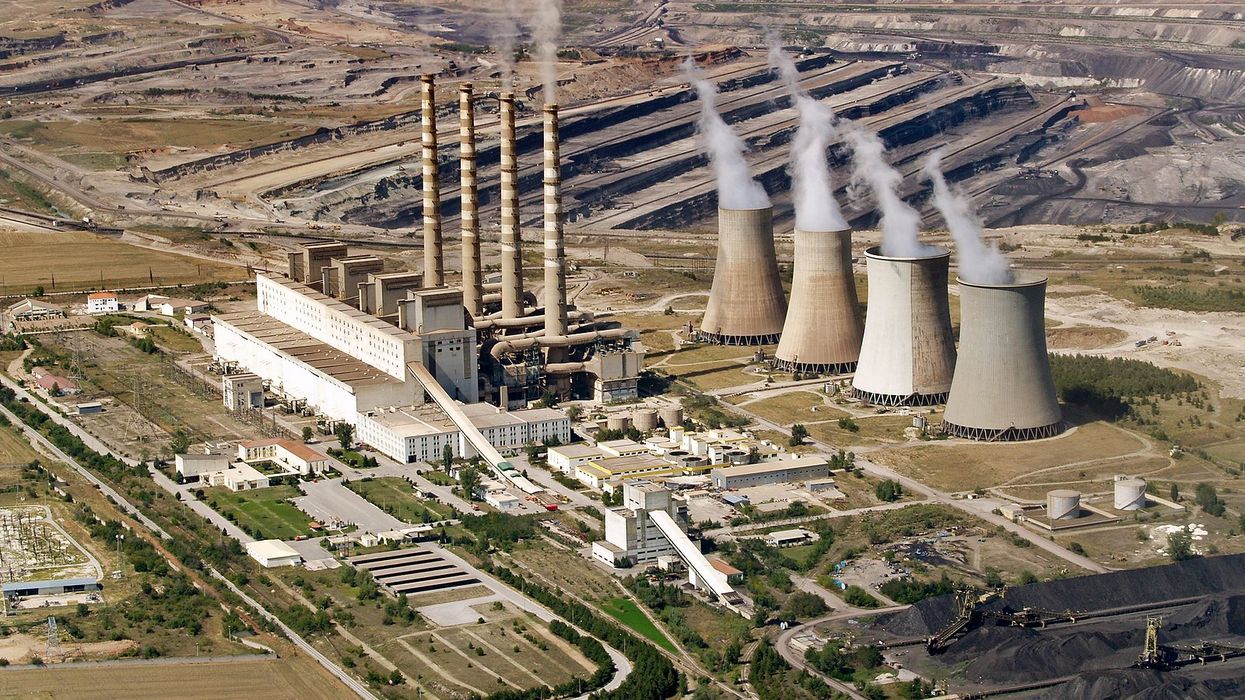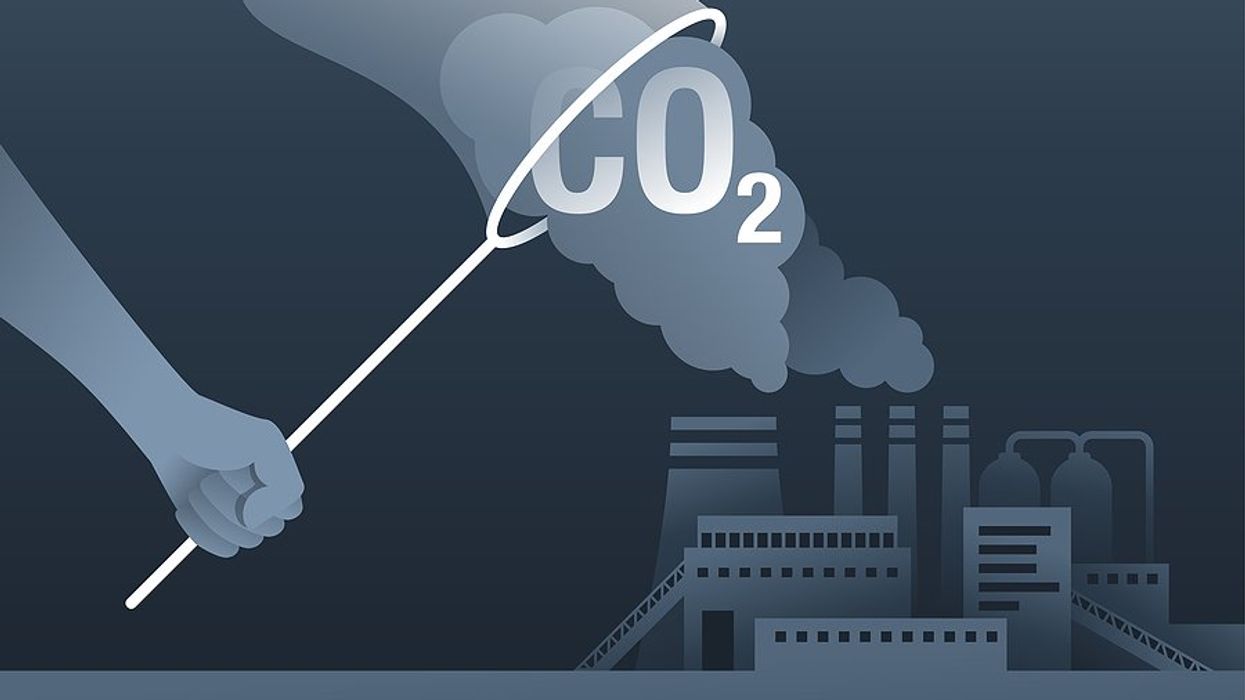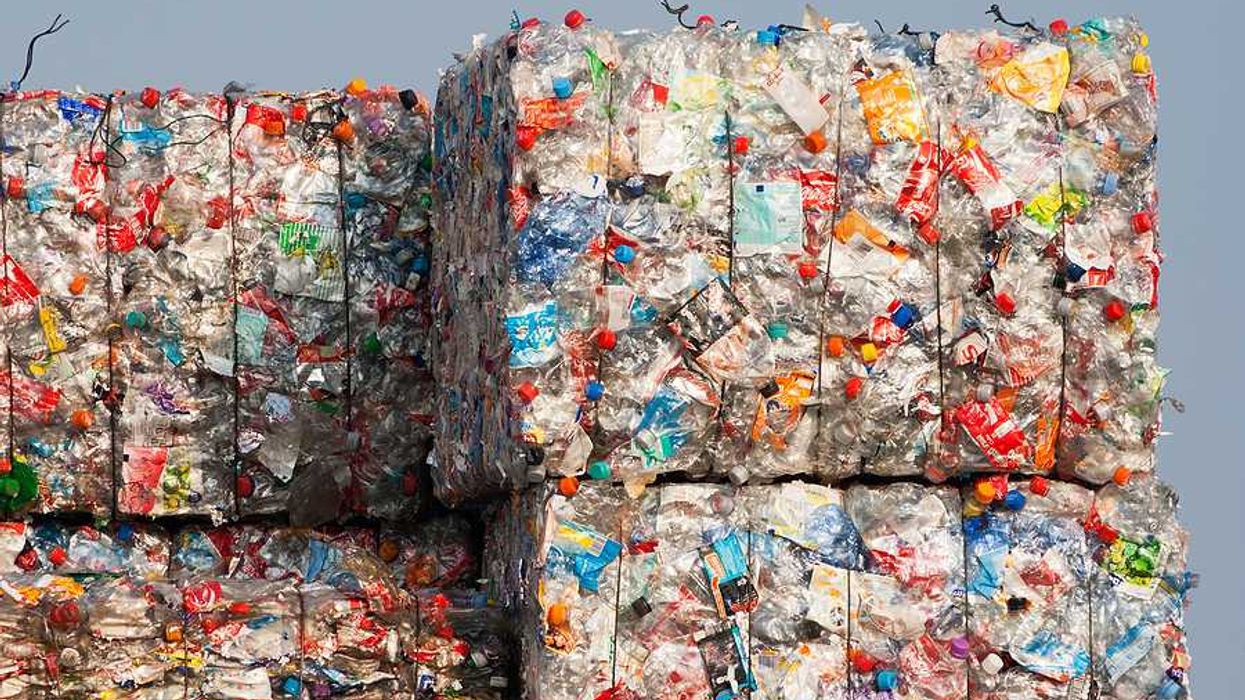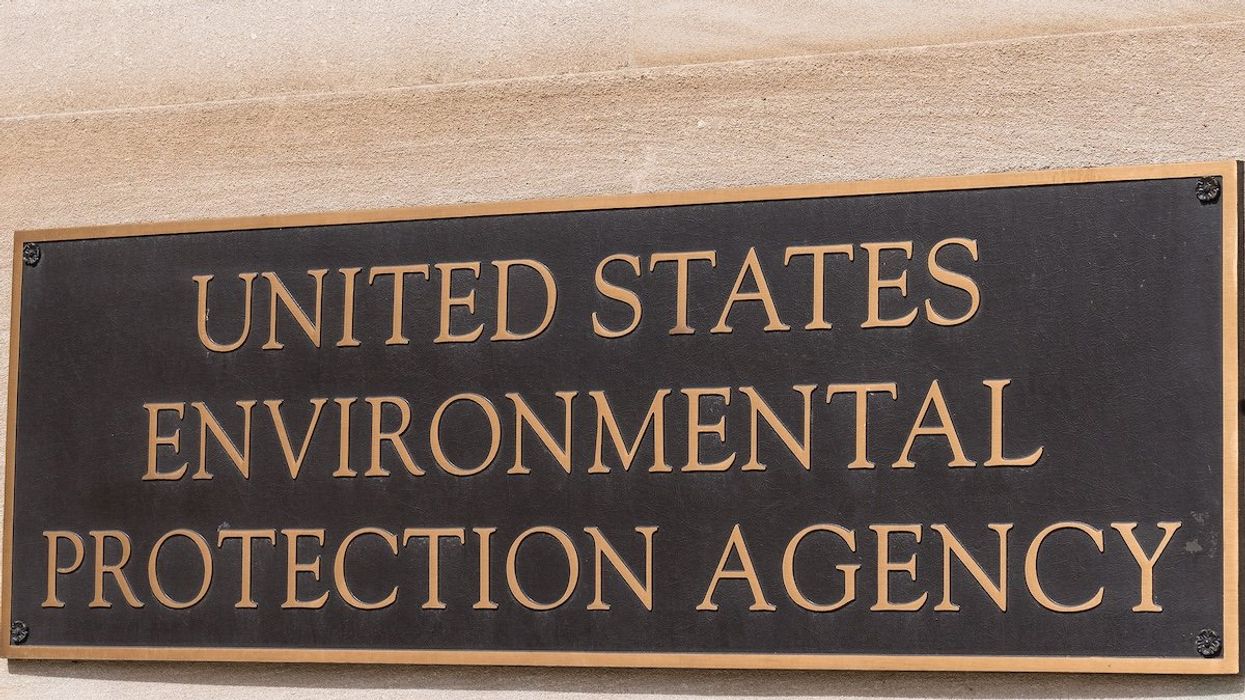After being diagnosed with Stage 4 prostate cancer, Arkansas farmer William Caplinger turned to organic farming and natural living in a personal stand against the agricultural chemicals he believes are tied to his illness.
Adeleine Halsey reports for Investigate Midwest.
In short:
- William Caplinger, a former construction superintendent and longtime farmer, now runs a 200-acre organic farm in Arkansas and Missouri, growing pesticide-free crops and raising livestock without synthetic inputs.
- He attributes his Stage 4 cancer to years of exposure to farm chemicals like paraquat, a herbicide still in use despite some studies linking it to certain cancers.
- Caplinger and his wife have removed synthetic chemicals from their diet, home, and land, though he acknowledges that neighboring farms still expose them to drift and contamination.
Key quote:
"I can homestead and not use any chemicals, but my neighboring farmer can spray all day long. You know, wind carries. It’s not just water, it’s wind."
— William Caplinger, organic farmer
Why this matters:
Many U.S. farmers are routinely exposed to synthetic pesticides and herbicides, substances increasingly scrutinized for their links to chronic illnesses, including cancer. Chemicals like paraquat remain legal and widely used, despite ongoing research suggesting harmful health effects and environmental persistence. Rural residents often face compounded risks: occupational exposure, limited access to medical care, and contamination from neighboring operations. Even as some farmers turn to organic methods, drift and runoff from conventional farms continue to spread synthetic residues into surrounding air, soil, and water.
Read more: Pesticide use and cancer risk rise in rural Missouri as health care access fades
















